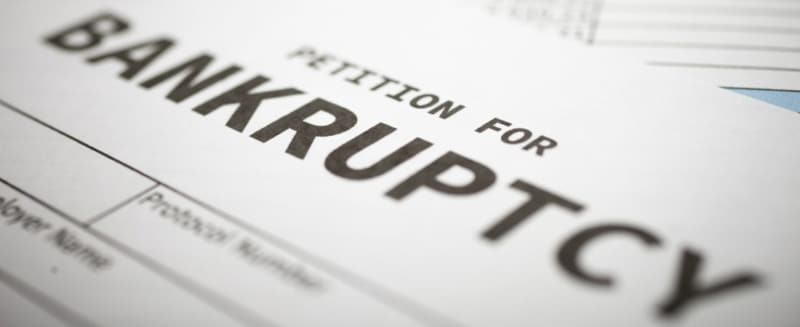[amazon_link asins=’1524763438,0812927427,0061944874,0812925319′ template=’ProductCarousel’ store=’thinkglink-20′ marketplace=’US’ link_id=’36d9a71b-d934-11e7-aeaa-1552dd5cb7bf’]While Chapter 7 bankruptcy clears your obligations to pay debts that you owe, it won’t clear a lien your lender has on your property.
Q: I went through Chapter 7 discharge but the bank will not release the lien on my home. What can I do?
A: There is at least one thing that you must know about bankruptcy and how it affects home mortgages: a person goes through the bankruptcy process and not the property. That is to say, when you filed for Chapter 7 bankruptcy, you went through the process and in the end, the bankruptcy court cleared you of all obligations to pay debts that you owed. The court discharged all of your prior debts.
There is a huge difference between the bankruptcy court clearing you of your debts and the bankruptcy court clearing the lien your lender has on your property.
When you took out your loan, you gave your mortgage lender a promissory note in which you agreed to repay the debt you owed. The lender, in turn, agreed to take your home as collateral for that loan and placed a deed of trust or mortgage on your home. When you go through Chapter 7 bankruptcy, the court may extinguish your debt to the bank. That is to say, the court agrees that you no longer have an obligation to repay the money to the lender.
However, the court doesn’t usually extinguish the lien the lender has on your home and your lender may still have the right to foreclose on your home. Depending on the laws in the state in which you live, you may have the right to keep your home through your homestead rights. But in many states, the lender can proceed to take the home and satisfy the debt owed the lender even though you no longer owe the debt.
You can talk to your bankruptcy attorney and figure out what your rights are and determine whether you have the right to keep the home under homestead rights in your state, but you should be aware that in some states, the lender keeps the lien on the home and can sell off the home to satisfy the debt owed to the lender.
As a side issue, your credit report will show that you failed to pay your lender the amount owed even though your debt was extinguished. Your credit score will suffer due to the bankruptcy and your credit history will show that you went through bankruptcy for some time to come. Since your lender has not been paid, the lender’s report to the credit reporting bureaus will show that the debt was not paid or written off due to the bankruptcy.
Hope this information helps you in deciding what your next steps should be in staying in your house or moving to another home.
[amazon_link asins=’1524763438,0812927427,0061944874,0812925319′ template=’ProductCarousel’ store=’thinkglink-20′ marketplace=’US’ link_id=’36d9a71b-d934-11e7-aeaa-1552dd5cb7bf’]







……..”your credit report will show that you failed to pay your lender the amount owed even though your debt was extinguished. Your credit score will suffer due to the bankruptcy and your credit history will show that you went through bankruptcy for some time to come. Since your lender has not been paid, the lender’s report to the credit reporting bureaus will show that the debt was not paid or written off due to the bankruptcy”………. Yes all this is basically true but the report should indicate it was “discharged” not “written off.” I think it is common for credit scores to improve substantially after a chapter 7 Discharge given all the derogatory information from delinquencies and charge offs that often were already on the report. Bankruptcy is intended by Congress to provide Debtors with a fresh start.